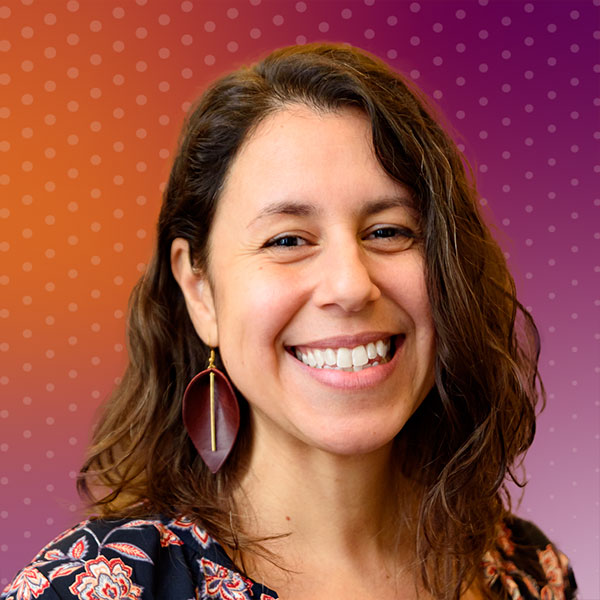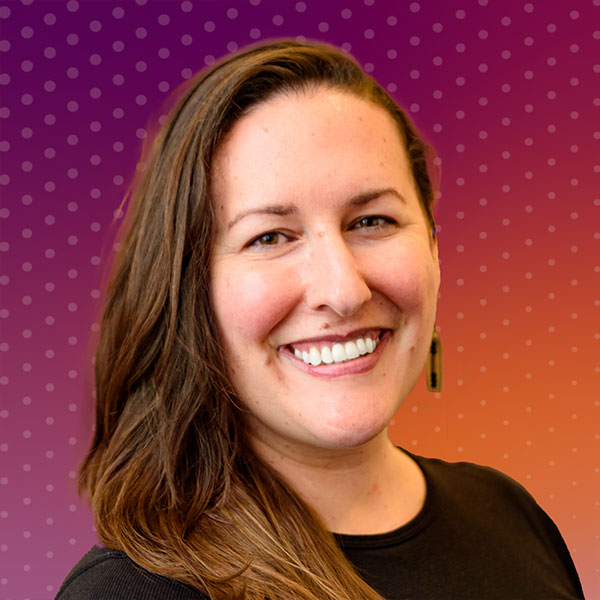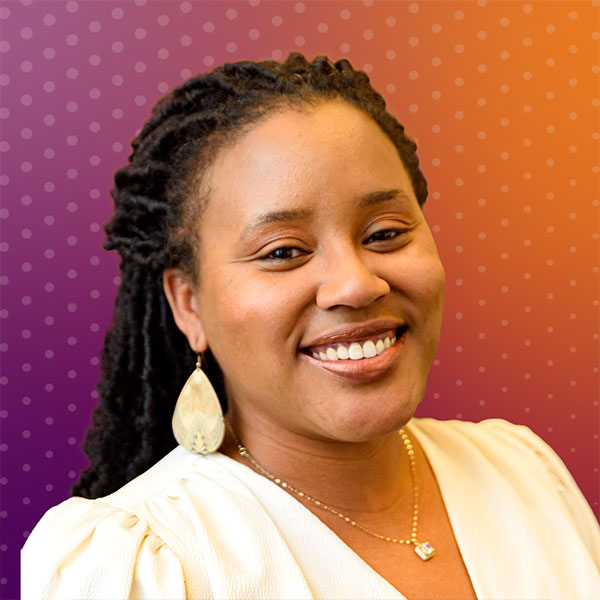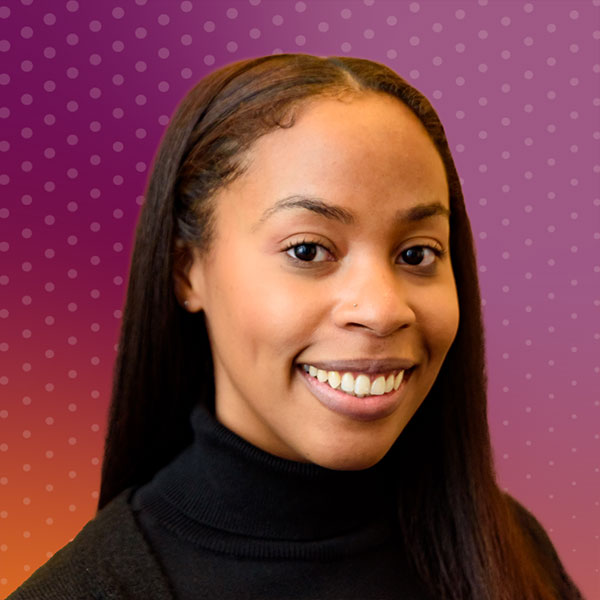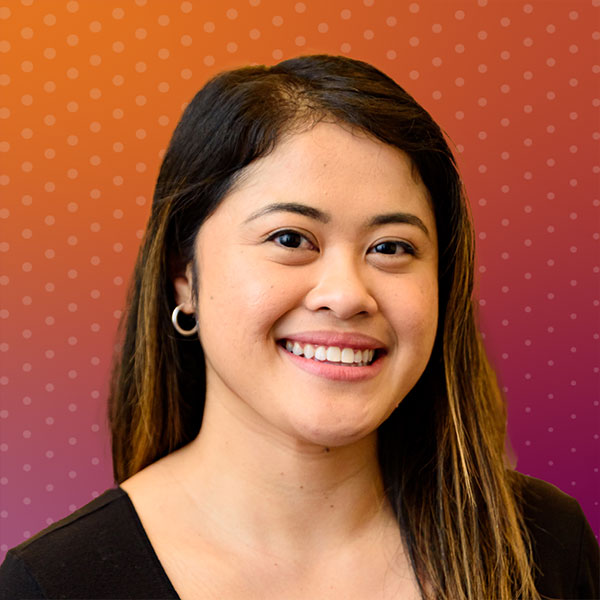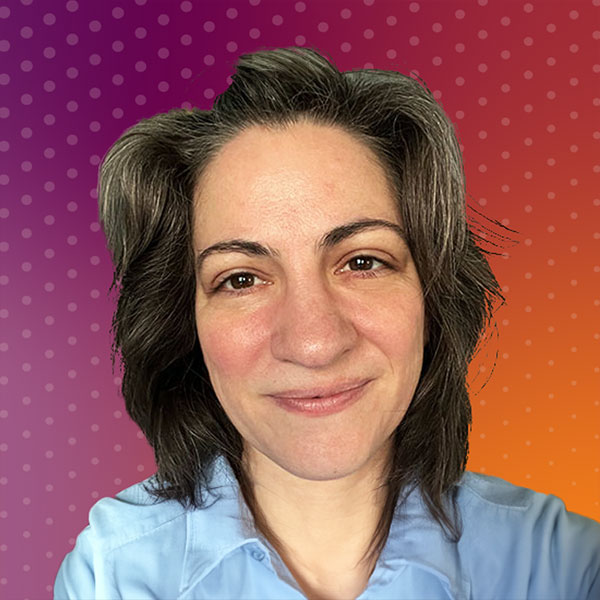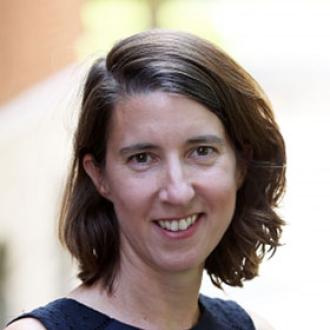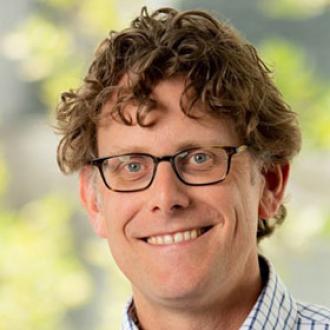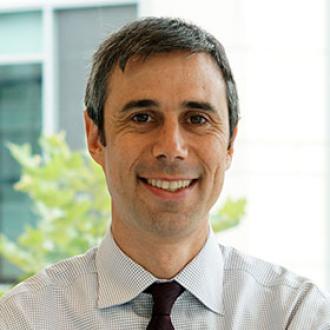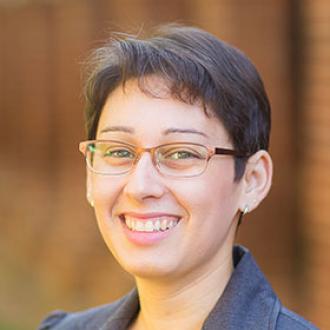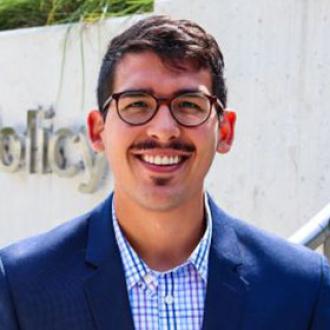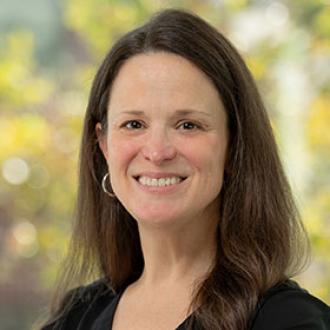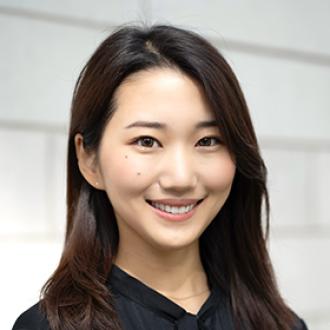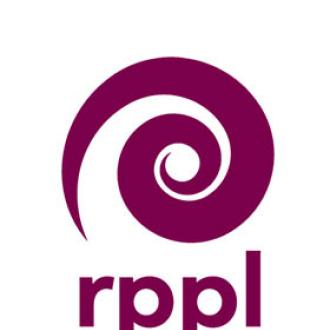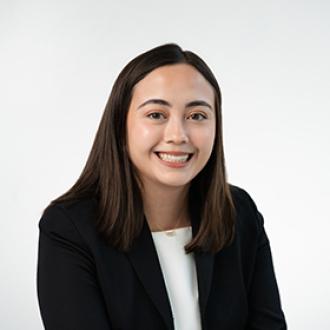Our Team
RPPL Team
- (she/her)
Executive Director
- (she/her)
Director of Operations, Finance, & Strategy
- (she/her)
Director of Equitable Research-Practice Partnerships
- (she/her)
Operations & Grants Manager
- (she/her)
Network Engagement & Learning Manager
- (she/her)
Executive Assistant
RPPL Researchers from Annenberg Institute at Brown University
- (she/her)RPPL Senior Researcher
Hazen-Nicoli Professor in Teacher Learning and Practice, Harvard University
- (he/him)RPPL Senior Researcher
Associate Professor of Education and Economics
Director of Annenberg Institute - (he/him)RPPL Senior Researcher
Director of Applied Research and Professor of the Practice
- (she/her)
Senior Research Associate
- (he/him)
Research Project Manager
- (she/her)
Research Project Manager
Research Project Manager
Senior Research Associate
Research Project Manager
